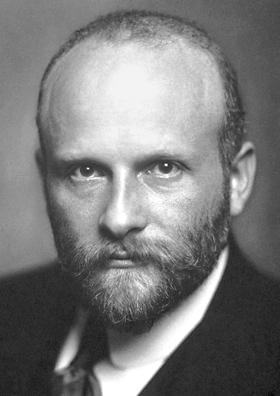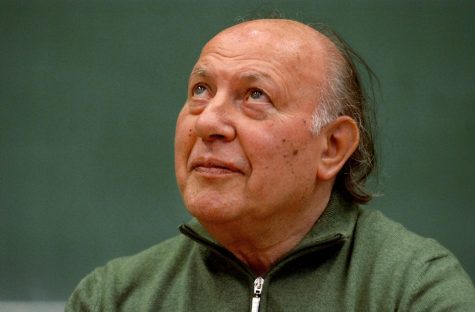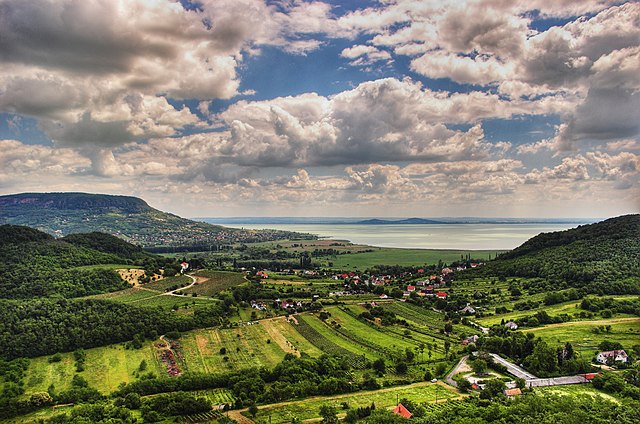Hungary’s Lengthy List of Nobel Laureates
Hungary is the home to over 10 Nobel Laureates, all of whom won in the fields of chemistry, physics, medicine, economics, or literature.
Hungary, a beautiful country with a population of 9.75 million, is known for its awe-inducing views and landscape, as well as its beautiful architecture and its many famous residents.
Hungary, a land-locked European country that was founded in 1000 AD, is known for many things. Some of the things that people first think of when they think of Hungary may be the Danube River, the Rubik’s Cube, or the Ajka Crystal. However, many people don’t initially think of the fact that Hungary is the birth place of over 10 Nobel Prize winners.

At the moment, 13 Nobel Laureates have either been born or grown up in Hungary, or are ethnically Hungarian. Many of the men on this list won in the fields of chemistry, physics, or medicine. One example is Robert Bárány, a Hungarian from Austria who received the 1914 Nobel Prize in Medicine for his work on the physiology of the vestibular system.

Imre Kertész, another Nobel Prize winner, is the only man from Hungary to have won in the field of literature. Born in 1929, Kertész won the 2002 Nobel Prize in Literature “for writing that upholds the fragile experience of the individual against the barbaric arbitrariness of history,” according to nobelprize.org. Many of his works include topics of dictatorship, freedom, and the Holocaust, as he was a survivor of the Holocaust and a German concentration camp. Kertész was only 14 when he was deported to the Auschwitz concentration camp with many other Jewish Hungarians. He was then sent to Buchenwald concentration camp, over 500 miles from his home. The camp was then liberated in 1945 and he continued to graduate from a high school in Budapest in 1948.

In one of his most famous works, Fatelessness, Kertész writes about a 15 year old boy, George Köves, and his experiences in the Auschwitz, Buchenwald, and Zeltz concentration camps during the Holocaust. It is said to be somewhat autobiographic as Kertész went through a very similar situation, however he denied any large connection between the novel and his personal life. The novel was initially rejected for publishing in the early 1970s as the Communist Regime in Hungary didn’t approve of the subject nor context, however it later published in 1975.
Other Nobel Laureates from Hungary include Dennis Gabor, who won the 1971 Nobel Prize in Physics for inventing holography, a method of creating three-dimensional images, and Avram Hershko, who won the 2004 Nobel Prize in Chemistry for the “discovery of ubiquitin-mediated protein degradation,” according to isracast.com.
Hungary’s extensive list of Nobel Prize winners from the country helps to show how impactful the 35,919 mi² country. Although the last time a Hungarian accepted a Nobel Prize was in 2004, almost 20 years ago, it’s hard to see how there won’t be another laureate soon.




